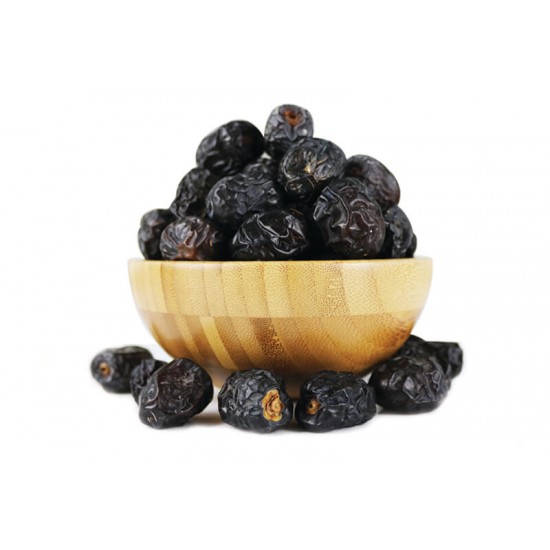Introduction
In Malaysia, dates, also known as “kurma,” hold immense cultural and religious significance, especially during the holy month of Ramadan. As families gather for Iftar and celebrate the spirit of togetherness, dates play a central role, traditionally consumed to break the fast and enjoyed throughout the month. But with the surge in demand, questions often arise: what is “Harga Kurma Sekotak” (price per box of dates), and why are dates so deeply associated with religious traditions? This comprehensive guide explores the factors influencing date prices, delves into the historical and cultural significance of dates in various religions, and empowers you to navigate the world of “Harga Kurma Sekotak” with informed choices.
Demystifying Harga Kurma Sekotak: A Breakdown of Date Prices
“Harga Kurma Sekotak” translates to “price per box of dates” in Malay. It encompasses the diverse price points you might encounter when purchasing boxed dates, influenced by several factors:
- Variety and Origin: Different date varieties, like the popular Medjool dates, naturally command premium prices compared to other types. Additionally, the origin of the dates, such as Saudi Arabia or Morocco, can impact the price due to factors like production costs, import duties, and transportation.
- Quality and Grading: Dates are often graded based on various factors like size, appearance, and sugar content. Higher grades, typically featuring larger, blemish-free fruits, naturally come at a higher cost compared to lower grades.
- Seasonality and Demand: During peak seasons like Ramadan, the surge in demand for dates can lead to price fluctuations. While some retailers might maintain stable pricing, others might adjust prices based on market dynamics.
- Packaging and Branding: The packaging and branding of the dates can also influence the price. Dates packaged in premium boxes or carrying a well-known brand name might come at a higher cost compared to basic packaging.
From Symbolism to Tradition: How Dates Became Associated with Religious Traditions
The association between dates and religious traditions, particularly Ramadan, stems from a rich tapestry of historical and cultural factors:
- Early Abrahamic Religions: Dates were readily available and a primary source of sustenance in the regions where Abrahamic religions like Judaism and Islam originated. Their nutritional value and symbolism of sweetness made them a natural choice for religious practices.
- Prophet Muhammad and Ramadan: According to Islamic tradition, Prophet Muhammad (PBUH) is believed to have broken his fast with dates during Ramadan, setting a precedent for generations to follow. This practice, known as “Sunnah,” is observed by Muslims worldwide during Ramadan.
- Symbolic Significance: Dates, with their sweetness and nourishing properties, symbolize the sweetness of faith, reward for good deeds, and breaking the fast with something pure and natural. They represent the end of hardship and the beginning of blessings during Ramadan.
Beyond Ramadan: Dates in Other Religious Traditions
While the association is particularly strong with Ramadan, dates hold significance in other religious traditions as well:
- Judaism: Dates are consumed during Tu B’Shvat, the “New Year of the Trees,” symbolizing the sweetness of life and the bounty of nature.
- Christianity: Dates are sometimes used in Christian rituals and celebrations, representing hospitality and festivity.
Conclusion
Understanding “Harga Kurma Sekotak” and the profound connection between dates and religious traditions, particularly Ramadan, opens doors to a deeper appreciation of this cultural and spiritual practice. As we navigate the world of date prices, it is important to remember the historical and symbolic significance that goes far beyond the cost, reminding us of the values of generosity, community, and the sweetness of faith during Ramadan and beyond.
Key Highlights
- “Harga Kurma Sekotak” refers to the price per box of dates in Malaysia.
- Variety, origin, quality, seasonality, packaging, and branding influence price.
- Dates are associated with religious traditions due to their historical availability, symbolism, and practices like those of Prophet Muhammad (PBUH).
- Dates hold significance not only in Ramadan but also in other traditions like Judaism and Christianity.
- Understanding the deeper meaning enriches the experience of enjoying dates during religious celebrations.

Leave a Reply